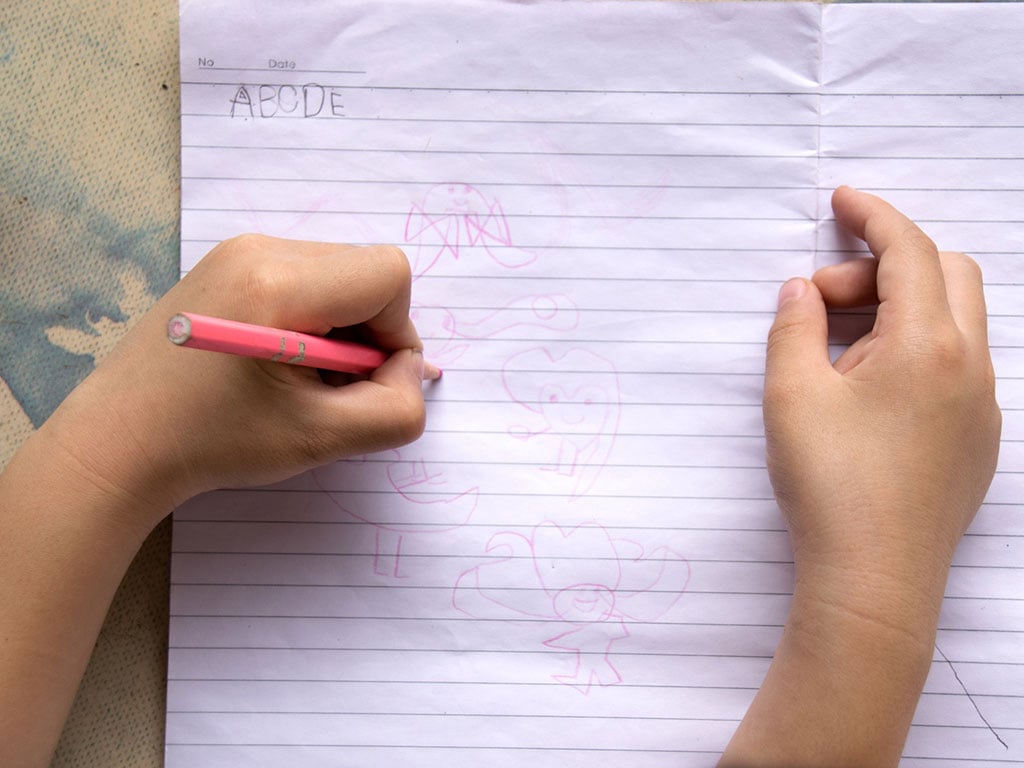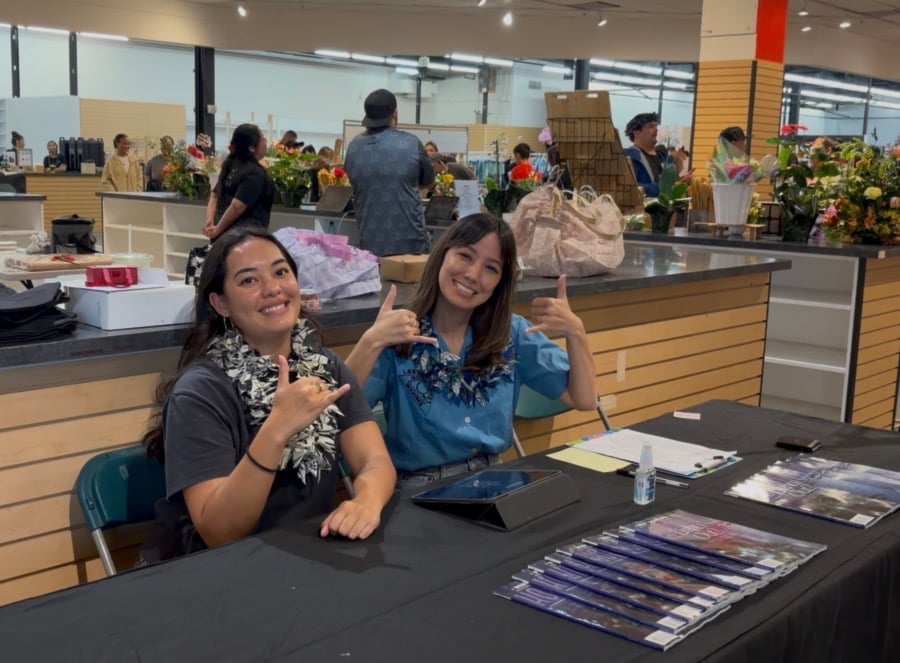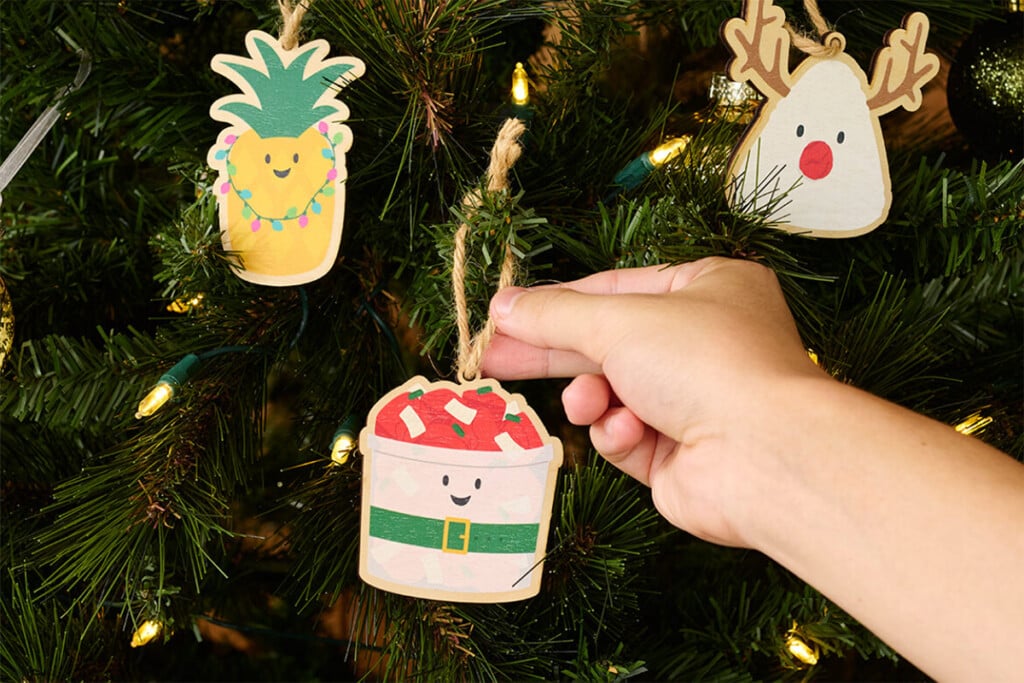Education Cheat Sheet: Debunking Learning Differences
Taking an active role can help turn challenges into creativity and future success.

Photo: Thinkstock
Editor’s Note: The Learning Disabilities Association of America lists 11 different disabilities and related disorders that can interfere with learning basic skills. These can be a challenge for kids and adults, but it does not mean students cannot be a success. Assets School’s Head of School Paul Singer puts it into context.
What do Charles Schwab, Whoopi Goldberg, Albert Einstein and Steve Jobs have in common? Aside from being incredibly successful, they are all part of the same club of individuals with learning differences, or as some might say, learning disabilities. If I listed the names of people with learning differences who are successful, highly productive members of society today, I could fill pages and pages. So why is it that so many parents fear this diagnosis for their children?
I’ve spent more than 40 years as a head of school. During the course of my tenure, there have been countless occasions when I found myself sitting with a couple who is essentially in mourning over the fact that their child had been diagnosed with a learning difference. As much as I’d like to believe that learning differences have become demystified over the years, many parents still struggle with the idea that their child is not “normal.” One thing I’ve discovered is that we all suffer from some sort of learning difference. None of us are perfect at everything; we all struggle.
How does one find peace with the idea that his or her child is “challenged?” First and foremost, look to the multitude of highly creative trendsetters and out-of-the-box thinkers that have changed the world for the better, including some of the most successful entrepreneurs, comic book writers, business executives, artists and architects.
My advice for parents of children who learn differently is to:
- Help your child understand their learning challenge. Talk with about how he or she may absorb information differently then others and let your child voice any frustrations or concerns they may have. The most important thing for your child to know is that they have the ability to learn anything.
- Keep your dreams for your child’s future alive. In the words of Jonas Salk, the son of Russian immigrants and developer of the polio vaccine, “I have had dreams and I have had nightmares. I overcame my nightmares because of my dreams.”
- Teach your child to self-advocate. Finding ways to make reasonable accommodations to maximize learning and teaching your child to self-advocate for those accommodations, will be life-changing. For example, if it’s easier for your child to focus when he or she is sitting directly in front of the smartboard instead of off to the side, encourage him or her to go to the teacher to request a move instead of waiting for someone else to notice.
- Encourage your child by staying positive. Look at the child’s challenge as an opportunity for future growth. Author Robin S. Sharma, a sought-after expert on leadership and personal success, writes in his novel The Monk Who Sold His Ferrari, “What really separates people who are habitually upbeat and optimistic from those who are consistently miserable is how the circumstances of life are interpreted and processed.”
Most of us have been conditioned to have a cookie-cutter idea of the characteristics and strengths our kids must possess in order to be successful in today’s challenging environment. On the contrary, what we really need are the individuals who dare to think differently. It will be the children who have faced adversity during their early school careers who will, as a result of their creative thinking, save the world.
Paul Singer is currently serving his 11th year as head of school at Assets, having previously taught at The Country School and California State University, Northridge, for 30 years. Singer holds a doctorate from the University of Southern California and currently sits on the Boards of Hanahau‘oli School, Hawai‘i Association of Independent Schools (HAIS), and the Rotary Club of Honolulu Foundation.








